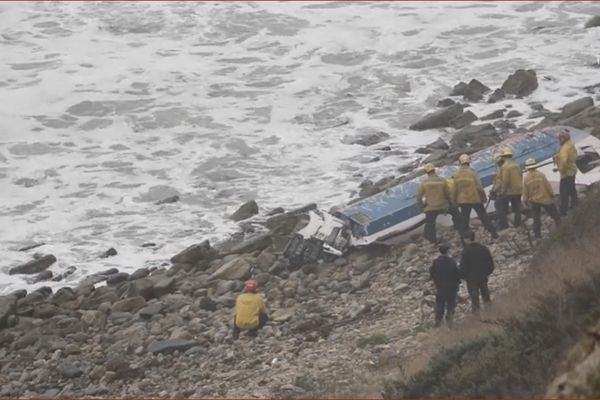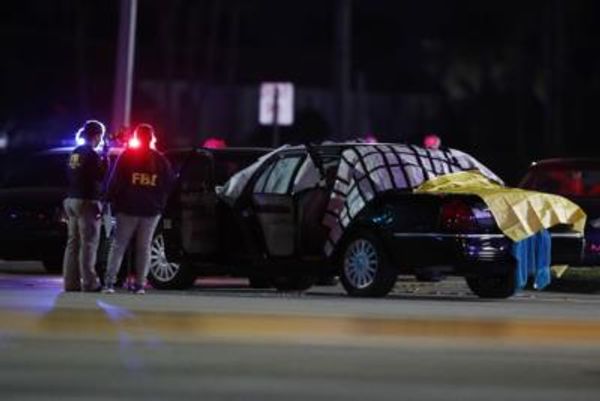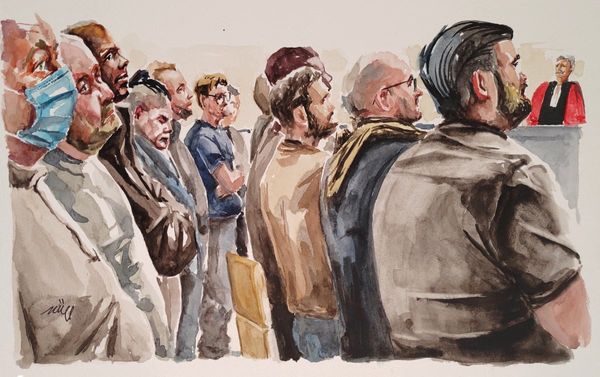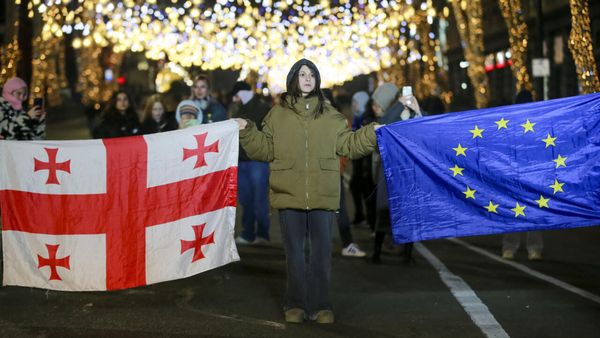Batteries are the lynchpin of the electric vehicle industry.
While legacy automakers have spent much of the last two years battling semiconductor supply chain issues, electric vehicle makers have struggled with procuring both semiconductors and batteries.
Tesla has been one of the most proactive companies when it comes to making the batteries it needs for its cars.
In 2020, the company unveiled a new EV battery design that would decrease battery prices from about $127/kWh in 2019 to as low as $56/kWh.
That change would enable the company to produce a $25,000 electric car within the next three years, the company's CEO said. While Elon Musk doesn't have a great track record of meeting the deadlines he sets for Tesla, a $25,000 vehicle could blast the burgeoning automaker into the stratosphere.
But even with Tesla designing batteries in house, Musk took to Twitter in 2020 to note that the company intended to increase, not reduce, battery cell purchases from its partners.
Tesla has a goal of producing 20 million vehicles a year, a large jump from the nearly 930,422 it produced in 2021. This means the company will have to rely on all the batteries it can get its hands on.
Panasonic, the Japanese electronics maker and one of the Tesla's main battery partners, is reportedly taking a big step to helping Tesla reach its goals.
Panasonic Comes to America
Panasonic is looking to purchase enough land in the United States for a giant factory to make Tesla's new EV battery, public broadcaster NHK reported Friday.
The company is looking to spend several billion dollars to build the expansive facility in either Oklahoma or Kansas, two states that are close to Texas where Tesla is prepping its own new EV plant.
Panasonic, which would not comment to Reuters on the report, has said in the past that it plans to begin mass-producing the new type of lithium battery for Tesla by the end of March 2024.
The 4680 format battery is about five times bigger than the ones Tesla is currently using.
The Future of EV Batteries
Last October, Tesla announced that it would begin using lithium iron phosphate (LFP) batteries in all of its standard-range EVs shortly before Panasonic announced the plans for its next-generation battery.
The importance of this battery can't be overstated as Tesla sees it as a game changer for the company.
“One of the things that troubles me the most is that we don’t yet have a truly affordable car, and that is something that we will make in the future. But in order to do that, we’ve got to get the cost of batteries down," Musk told investors at Tesla's 2020 Battery Day.
LFP battery chemistry is cheaper to produce than the current lithium-ion batteries and don't use nickel and cobalt. But the batteries have less energy density, which results in lower ranges for EVs.
Tesla is already producing vehicles with LFP batteries at its plant in Shanghai. Those vehicles are sold in Asia and Europe.







